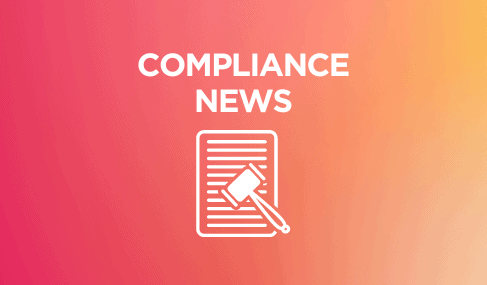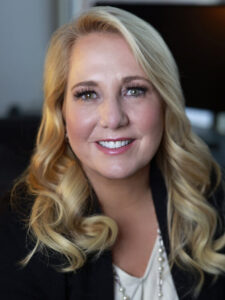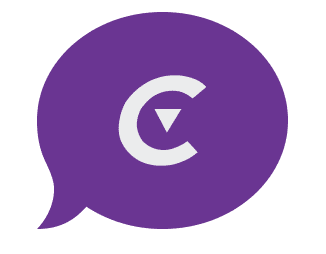

As always, Michele Shuster – Managing Partner at MacMurray & Shuster LLP – delivered a treasure trove of critical info and insights on recent regulatory changes from the FCC, FTC, and AG. Convoso CMO Lisa Leight hosted this Q1 compliance webinar, “Ahead of the Curve with Shuster.” Together they also reviewed the final TCPA ruling on express consent and the Do Not Disturb Act.
Shuster doesn’t just share compliance news to know. She spells out best practices for lead generators in the context of those updates.
Check out the highlights in the recap below, or tune into the video replay to watch the full conversation.
Telemarketing Sales Rule Amendments
The Federal Trade Commission (FTC) proposed revisions to the Telemarketing Sales Rule (TSR), focusing on two key areas: defining prior donors for charitable solicitations and extending the record retention period to five years.
Utah’s Disclosure Requirement on AI
Utah is pioneering regulations around the use of generative artificial intelligence (AI). Businesses must disclose the use of generative AI in consumer interactions, indicating a broader trend in AI regulation globally with implications for both inbound and outbound communications.
European Union’s AI Act
The European Union’s AI Act categorizes AI usage as high-risk or low-risk, with stringent requirements for high-risk applications such as affecting infrastructure, transportation, and healthcare.
TCPA Updates and the Lead Generation Loophole
The TCPA’s lead gen loophole closure mandates one-to-one consent and stricter compliance with prior written consent requirements for telemarketing calls. Businesses must adapt their lead generation processes and ensure compliance with record-keeping obligations.
Do Not Disturb Act
The proposed Do Not Disturb Act aims to regulate telemarketing calling hours, restrict robocalls, and enhance disclosure requirements around AI. Despite pending legislative progress, Shuster stressed the importance of businesses preparing for potential regulatory changes.
Best Practices and Strategies
Michele Shuster highlighted several best practices for navigating compliance including validating lead generation processes to ensure quality consent, getting a head start on implementing one-to-one consent practices prior to January 2025, maintaining meticulous records, staying informed about state-specific regulations and penalties, and utilizing technology platforms that aid compliance efforts.
“For web forms that are getting consent, those leads – that you’re getting consent to make certain types of calls – those calls must be logically and topically related to the total content of the web page.”
Michele Shuster
The Convoso StateTracker tool helps manage state-specific regulations such as call limits and holiday restrictions to comply with state laws. Additionally, Convoso implements strict Know Your Customer (KYC) procedures that mitigate the risk of working with high-risk entities that could jeopardize compliance efforts.
Sign up for the Convoso compliance newsletter to get news delivered straight to your inbox: Subscribe here >
DISCLAIMER: The information on this page, and related links, is provided for general education purposes only and is not legal advice. Convoso does not guarantee the accuracy or appropriateness of this information to your situation. You are solely responsible for using Convoso’s services in a legally compliant way and should consult your legal counsel for compliance advice. Any quotes are solely the views of the quoted person and do not necessarily reflect the views or opinions of Convoso.
